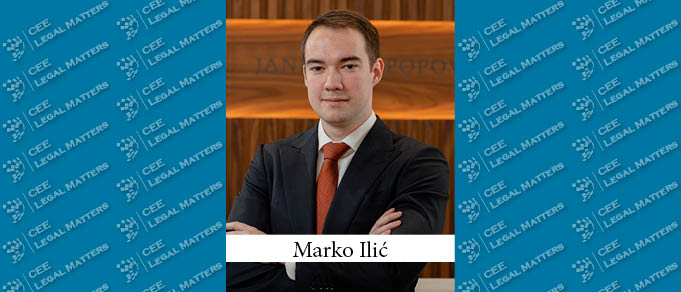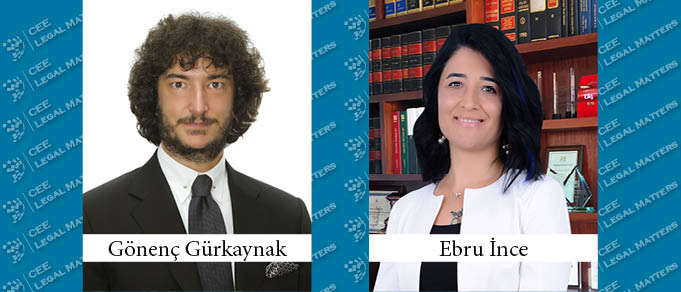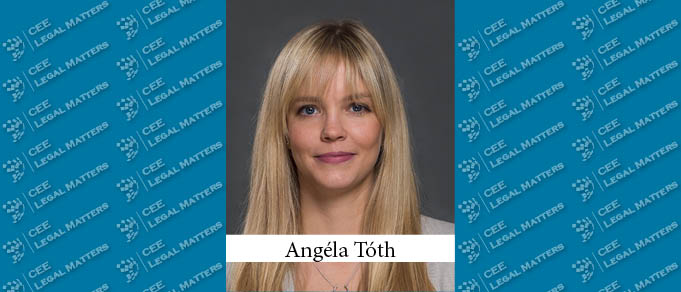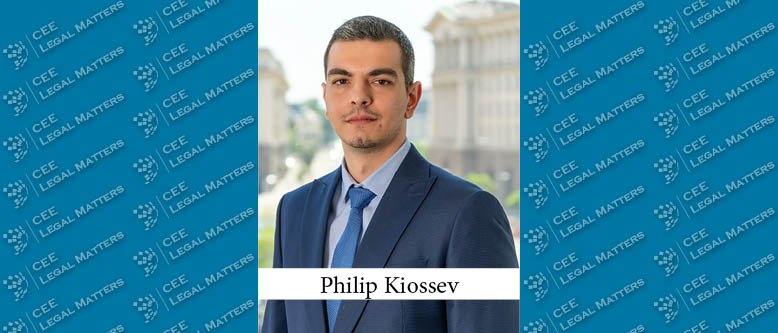Viruses affecting human body have been the hot topic of most conversations for over two years. However, the digital world is not spared from “viruses” which affect other aspects of human lives. Multiple malwares used for cyber-attacks are created to damage, disrupt, hack, or block a device and encrypt or lock data and can cause enormous damage both in the private and public sector.
AgiLawyer: UA.SUPPORT – Pro Bono Legal Help for Ukrainian Refugees
AgiLawyer, May 23, 2022: In response to the situation in Ukraine, AgiLawyer s.r.o., in cooperation with the Czech law firm Holubová Advokáti, has established #UA.SUPPORT, an international pro bono platform that links Ukrainian refugees requesting legal help with appropriate lawyers.
Court of Cassation Decides Cooperatives Are Qualified as Merchants
The Joint Chambers of Civil Court of Cassation's ["Court of Cassation"] decision dated November 12, 2021 and numbered 2020/2 E. 2021/3 K. ["Decision"], put an end to the debate regarding the nature of cooperatives. The Court of Cassation concluded that cooperatives, which include partnerships such as consumption, production, credit, and building cooperatives shall be regarded as commercial entities.
National Mark of Conformity – A Certificate of Conformity with Serbian Standard
Pursuant to Article 7, paragraph 1, item 12) of the Law on Standardization (Official Gazette of RS no. 36/2009 and 46/2015) (“the Law”), the Institute for Standardization of Serbia (“the Institute”) published on April 12, 2022, the Rules for obtaining approval for the use of the National Mark of Conformity with Serbian standards (“the Rules”).
Turkish Healthcare Agency Publishes Guidelines on Homeopathic Products
The Turkish Medicines and Medical Devices Agency ("Agency") published the Guideline on License Application for Homeopathic Medicinal Products (“Guideline on Licensing”) and the Guideline on the Packaging, Homeopathic Medicinal Product Information, Legibility and Tracking of Homeopathic Medicinal Products (“Guideline on Packaging”) on March 15, 2022. Both Guidelines are based on Homeopathic Medicinal Products Licensing Regulation (“Regulation”). Within the scope of the Guidelines, the Agency has started accepting license applications for homeopathic medicinal products through the website www.ebs.titck.gov.tr, as of April 1, 2022.
The New Regulation on Health Technology Assessment in the European Union
In January 2022, the new Regulation (EU) 2021/2282 of the European Parliament and the Council of the European Union of 15 December 2021 on health technology assessment (the "HTA Regulation") entered into force on the territory of the European Union. The HTA Regulation aims to harmonize (but not to fully centralize) the currently fragmented procedure for assessing the health technologies of innovative medical therapies entering the European Union market in different European countries. The HTA Regulation shall begin to apply in stages from 12 January 2025 and the European Commission has already approved an implementation plan until that date, which includes mainly the establishment of the information resources needed for its operation, the creation of new supranational bodies to participate in the application of the Regulation and training of the competent national authorities.
New Developments in Legal Framework for Tax Reliefs for Companies in Research and Development Sector
Serbian Personal Income Tax Law and Serbian Corporate Income Tax Law, as well as the Serbian Law on Mandatory Social Insurance Contributions, prescribe tax and social insurance contributions related reliefs for companies that conduct activities of research and development in the Republic of Serbia.
Novelties in the Croatian Companies Act and Court Registry Act – Another Half-Reform Missing the Opportunity To Make Things Truly Simpler for Entrepreneurs
On the 9th of March 2022, the Croatian Parliament adopted the amendments to two crucial Croatian laws – the Companies Act (ZTD) and Court Registry Act (ZSR). Most of the amendments to the ZSR entered into force on the 24th of March; two articles will be entering into force on the 1st of August 2022, and another one on the 1st of August 2023. Amendments to the ZTD are still to come into force, some on the 1st of June 2022, and others (the most significant ones) only on the 1st of August 2023.
Cancelation of COVID-19 Restrictive Measures for Entering the Republic of Serbia
More countries, that have, until recently, been considered the pandemic’s epicenter, are easing COVID restrictions. Serbia takes the same direction and cancels majority of COVID-19 related restrictive measures.
DMA: EU, Turkey and Beyond
Over the recent years, digitalisation and digital services have been at the core of many innovative advantages for businesses and end users alike. These benefits range from online intermediation services to software application stores. This variety offers better and more efficient choices for users while increasing competition within the digital markets industry.
Czech Republic: Five Basic Legal Mistakes Start-Ups Should Avoid
A good idea is the cornerstone of a successful start-up. In practical terms, however, it is often not enough. Here is an overview of legal mistakes founders of start-ups often make but that can be easily avoided on the way to the next step towards success.
Amendments to Certain By-Laws Passed to the Law on Electronic Invoicing
Several amendments to the by-laws passed to the Law on Electronic Invoicing (“the Law”) are published in the Official Gazette of the Republic of Serbia no. 46 dated 8 April 2022, i.e.:
One Step Closer in the Ease of Doing Business in Croatia
This year, the Croatian Companies Act (Act) was amended again (amendments enter into force on 1 June 2020 and on 1 August 2023).
Supreme Court’s Judgement Confirms That Claims for Compensation of Damages (Tort Claims) May Be Filed Against the Russian Federation
On 14 April 2022, the Civil Cassation Court of the Supreme Court issued its judgement in case No. 308/9708/19 (“Judgement”). The Judgement establishes that national courts have jurisdiction over claims for compensation of damage caused to individuals by military actions of the Russian Federation.
FDI Regulatory Developments in Real Estate Acquisitions
Screening of foreign direct investment (FDI) has been present in Hungarian law since 2019 in relation to certain specific investment-related activities. During the COVID-19 pandemic, additional FDI screening legislation was introduced in May 2020. The 2020 regime has had an impact on a significantly wider range of business transactions and, therefore, this summary focuses solely on the 2020 regime (FDI Rules). Given that a real estate asset deal may also fall within the scope of the FDI Rules, assessing the potential application of the FDI Rules has become an important item on the real estate due diligence to-do list. Below you will find a summary of the applicable regime based on our experience to this date.
Industrial Parks as Business Infrastructure in Romania – Current Situation and Upcoming Legislative Changes
Relatively recently, the legislative process has once more turned its attention to the former Draft Law amending Law no. 186/2013 on the establishment and operation of industrial parks (DL-x no. 250/2014) adopted by the Senate on 28 April 2014 and by the Chamber of Deputies, as decisional chamber, on 4 May 2022 ("Amending Law"). The Amending Law will enter into force after promulgation by the Romanian President, who, nevertheless, has the prerogative of sending it back to the Parliament for re-examination.
Ukraine: Notarial and Registration Legislation Updated
On 28 April 2022, Resolution of the Government of Ukraine “On Amendments to Certain Resolutions of the Government of Ukraine on Notaries’ Activity and Functioning of Unified and State Registers Held by the Ministry of Justice, during Martial Law” No. 480-2022-p, dated 19 April 2022 (“Resolution”), entered into force, amending several previously adopted resolutions (as described in the Legal Alert, dated 29 March 2022).
Liability of the Russian Federation for Its Aggression in Ukraine and the Potential Consequences of the War for Polish Business
The Russian aggression in Ukraine has many people enquiring about the possibility of holding the Russian Federation accountable for the acts it has committed in the territory of Poland’s eastern neighbour. Yet, at this stage, what should be considered is not only the actual accountability, but also the ontological fact of the existence of liability, which is an inherent condition for the existence of law.









































